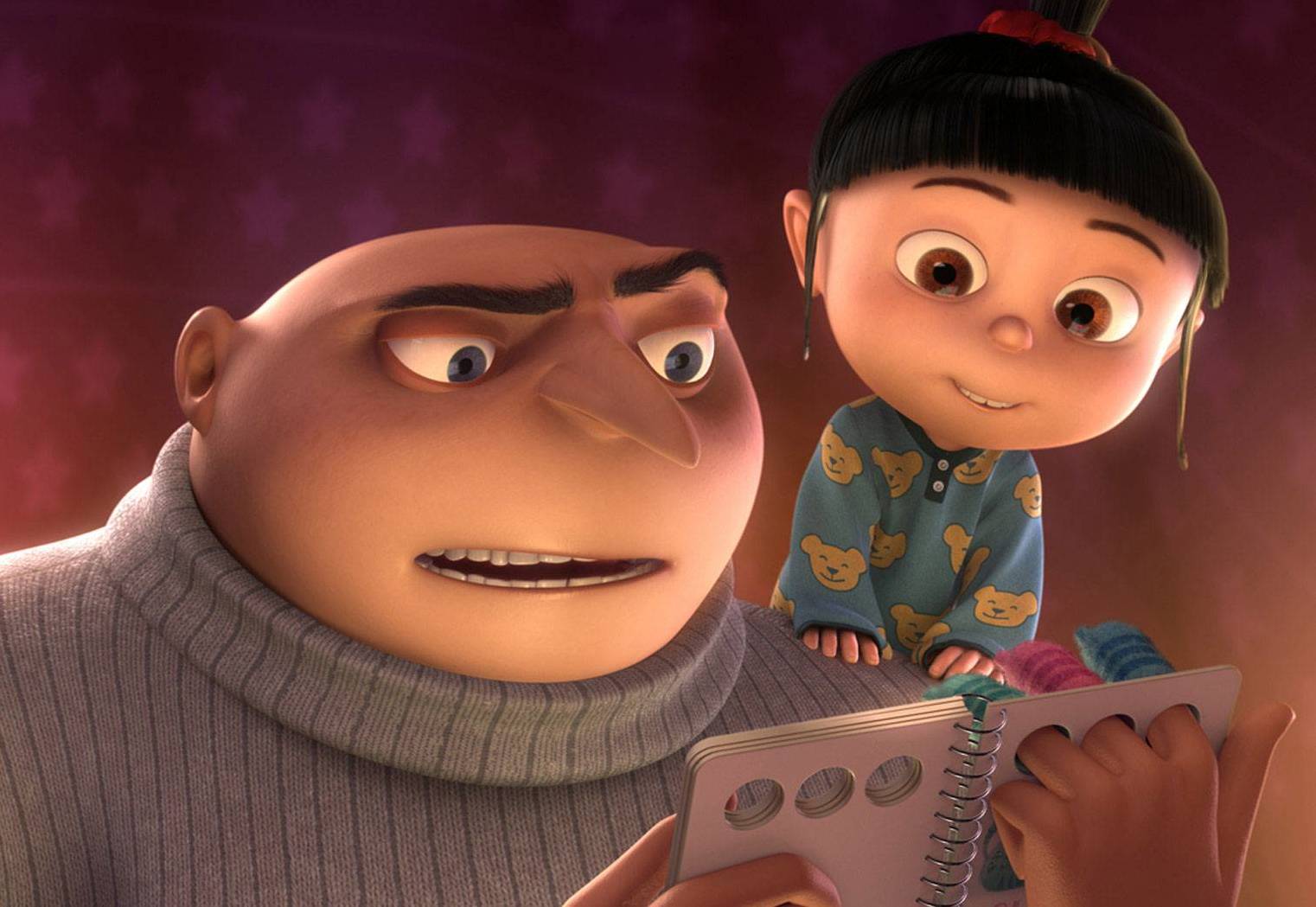
My good friend Frank Smith of Charlottesville, Virginia, is a big fan of Despicable Me. (Me too, by the way.) Frank has seen it three times now, and after his most recent viewing, he came away with a pretty cool observation, comparing one of the film’s main story developments with a passage from C. S. Lewis. Here’s what Frank wrote in a recent e-mail (spoiler alert):
I’m always moved to tears at the end. And you know, there’s something pretty good in there. When Gru gives back the moon to save the girls, ostensibly he gives up his lifetime dream – for something much better, of course, but still it’s a loss. Pearl of great price stuff. But that scene at the end where he and the girls ride the platform to the roof and stand looking at the moon in the sky, silhouetted against it, enjoying it . . . I realized that he ended up getting the moon too, in the right way – untarnished, unstained by violence or greed, to enjoy forever. Like Annie Oakley in the musical, he “has the moon at night” to share with his beautiful girls.
It brought to mind CSL’s dictum (from a 1942 essay titled “First and Second Things”): “Every preference of a small good to a great, or a partial good to a total good, almost always ends with the loss of the small or partial good for which the sacrifice was made. Apparently the world is made that way. If Esau really got his pottage in return for his birthright, then Esau was a lucky exception. You can’t get second things by putting them first; you can get second things only by putting first things first.”
Despicable and delightful, all rolled up into one.








